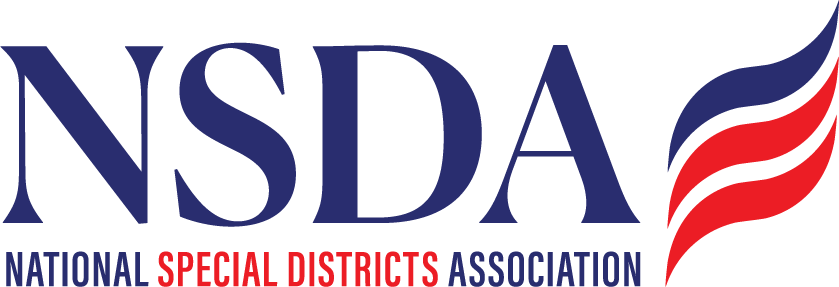NSDC Weekly Updates: July 15, 2024
House and Senate Action
The House and Senate are in recess this week in order to allow GOP members of Congress to attend the Republican National Convention. Lawmakers will return to Washington on Monday, July 22nd and are slated to remain in session through the month of July. Beginning August 1st, both chambers are scheduled to take their summer recess, which will extend through Labor Day.
Next week, the primary legislative focus for the House and Senate will be the fiscal year 2025 appropriations process. In the lower chamber, the Appropriations Committee has approved all 12 of its FY 25 spending bills, with four of the measures having recently cleared the full House. Across Capitol Hill, the Senate Appropriations Committee has approved three bills, with additional measures slated for markup beginning next week.
In addition to the FY 25 appropriations process, Congress will embark on a sprawling, multi-committee investigation into the July 13th assassination attempt against former-President Donald Trump. Much of the congressional focus will be on the U.S. Secret Service and the presumed security lapses that precipitated the shooting.
Special District Grant Accessibility Act Introduced in the Senate
On Friday, July 12th, Senators Kyrsten Sinema (I-AZ) and John Cornyn (R-TX) introduced the Special District Grant Accessibility Act (SDGAA). The legislation (S. 4673) would codify a first-ever, formal definition of “special district” and would require the White House Office of Management and Budget (OMB) to issue guidance to federal agencies requiring special districts to be recognized as local governments for the purpose of federal financial assistance determinations. It should be noted that an identical version of the bill (H.R. 7525) was overwhelmingly approved by the House on May 5th.
One of the leading factors driving the need for the SDGAA is the fact that special districts were omitted in COVID-19-era legislation that provided direct federal financial assistance to local governments for coronavirus relief and response activities (namely CARES Act funding and ARPA Fiscal Recovery Fund dollars). Unlike other forms of local government, special districts were excluded from receiving direct federal aid despite the fact that many special districts provided essential public services throughout the COVID-19 pandemic, including ambulance/EMS, hospital, and open space services. Moreover, while special districts are eligible for the vast majority of current federal funding opportunities, they are ineligible for - or face barriers to accessing - certain grant programs. The SDGAA seeks to level the playing field by ensuring that special districts have access to all appropriate and relevant federal funding streams.
Looking ahead, S. 4673 will need to be considered by the Senate Homeland Security and Governmental Affairs Committee. If favorably approved by the committee, the legislation would advance to the floor of the Senate.
